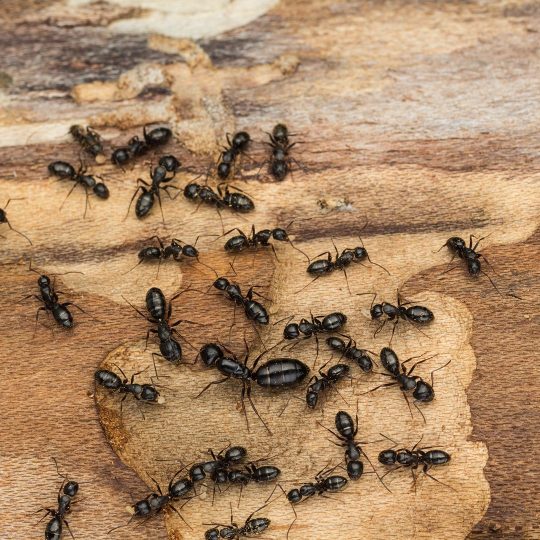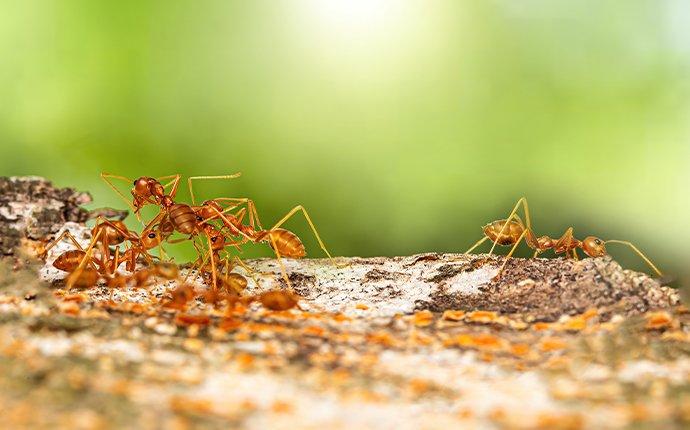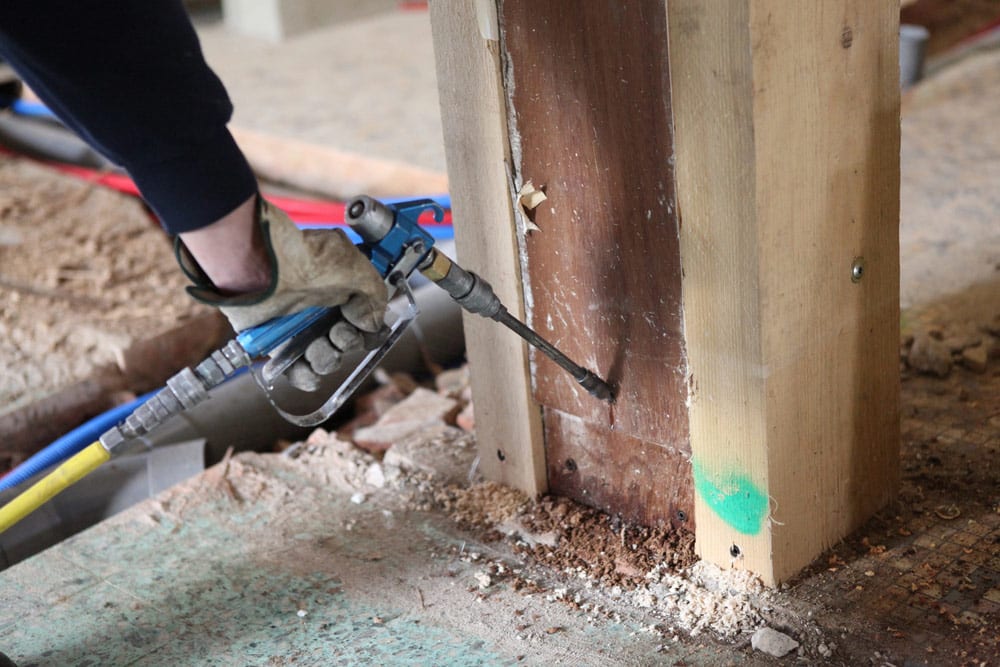Ecological Impact of Bug Control: Harmonizing Effectiveness With Sustainability
The environmental impact of insect control is a vital issue that requires a fragile equilibrium in between accomplishing efficiency in guaranteeing and taking care of pests sustainability of our ecological communities. As we strive to protect our plants, homes, and wellness from the hazards positioned by pests, the methods we employ can accidentally harm the setting. From using harmful chemicals that permeate into our dirt and water to the unplanned repercussions on non-target types, the consequences of conventional parasite control practices are far-reaching. There are emerging approaches that offer hope for an extra lasting technique to pest management. These remedies not just goal to deal with the prompt bug problems however likewise take into consideration the long-term health and wellness of our planet.
Dangerous Chemicals in Pest Control
The usage of damaging chemicals in bug control poses considerable environmental and wellness threats that require mindful consideration and mitigation strategies. Pesticides, chemicals, and herbicides are frequently made use of to get rid of parasites, however their extensive application can result in unintended consequences. These chemicals can infect dirt, water sources, and the air, affecting not just the targeted insects but also useful insects, wild animals, and people.

To resolve these threats, integrated pest monitoring (IPM) methods are being advertised as an extra lasting alternative. IPM involves a mix of approaches such as organic control, environment manipulation, and the targeted use chemicals as a last resource (ant control forest nc). By embracing an alternative technique to pest control, we can reduce the environmental and wellness effects connected with harmful chemicals while effectively taking care of pest populaces
Impact on Non-Target Variety
Taking into consideration the unexpected effects of bug control methods, the influence on non-target species is a critical aspect that needs extensive examination. While pest control actions intend to target specific parasites, various other organisms in the ecological community may be accidentally affected. Non-target varieties, including valuable insects, birds, mammals, and also plants, can suffer indirect or straight harm from pesticide applications or organic control techniques.
Pesticides can have deadly or sub-lethal effects on non-target varieties. As an example, pesticides designed to fight a certain bug pest might hurt pollinators like or all-natural killers such as ladybugs. In addition, chemical residues can gather in the environment, impacting non-target microorganisms over time. Likewise, biological control representatives, otherwise species-specific, can posture risks to unexpected targets, interfering with the environmental balance.
To reduce the influence on non-target varieties, incorporated bug administration (IPM) approaches that emphasize a holistic approach to pest control are recommended. These approaches focus on using eco-friendly practices, decreasing injury to beneficial organisms while properly taking care of pest populaces. Carrying out complete danger assessments and keeping an eye on the outcomes of insect control efforts are crucial actions in guarding non-target types and promoting overall ecological community health and wellness.
Soil and Water Contamination
Unintended environmental effects of insect control techniques expand beyond affecting non-target types, with significant ramifications for dirt and water contamination - ant control services. Chemicals, herbicides, and chemical plant foods made use of in parasite control can leach into the soil and pollute groundwater, posturing a threat to both terrestrial and aquatic ecosystems.
Water contamination is one more important concern related to insect control methods. Overflow from farming areas treated with chemicals can lug these chemicals into neighboring water bodies, influencing aquatic organisms and water top quality. Contaminants in water sources can have far-reaching repercussions, affecting not just marine life however additionally human wellness with the usage of polluted water or water organisms. To alleviate soil and water contamination from insect control activities, integrated pest management approaches that focus on sustainability and lessen chemical inputs are crucial.
Air Pollution From Chemical Usage
Exposure to air-borne chemicals during farming applications presents a considerable issue for air pollution control actions. When chemicals are sprayed onto crops, they can volatilize into the air ant control lexington nc and kind unstable natural substances (VOCs) and other air-borne toxins. These chemicals can add to the development of ground-level ozone, a significant part of smog that can have detrimental impacts on human health, plant productivity, and general air quality. In addition, pesticide drift, where chemicals are carried by the wind to unplanned areas, can result in the contamination of nearby ecological communities and water bodies.

Techniques for Sustainable Bug Control
In the world of agricultural practices, executing lasting bug control approaches is paramount for maintaining environmental equilibrium and securing plant returns. Lasting parasite control stresses the usage of eco-friendly methods to manage insect populations effectively while lessening injury to non-target microorganisms and ecological communities. Integrated Pest Monitoring (IPM) is an extensively taken on strategy that combines organic, social, physical, and chemical control techniques to accomplish long-lasting insect management options.
Crop turning and diversity are also efficient techniques to interfere with pest life cycles and develop much less desirable conditions for bugs to flourish. Inevitably, by integrating these lasting pest control methods, farmers can achieve an equilibrium between pest monitoring effectiveness and environmental stewardship.
Verdict
Finally, the ecological influence of insect control approaches must be meticulously considered to balance performance with sustainability. Damaging chemicals made use of in parasite control can result in dirt and water contamination, air contamination, and damage non-target varieties - ant control services. It is critical to implement sustainable parasite control approaches to minimize these negative results on the atmosphere and advertise a much healthier ecological community for future generations
By adopting a holistic technique to pest control, we can lessen the environmental and health impacts connected with dangerous chemicals while properly taking care of pest populaces.

To minimize the air contamination triggered by pesticide use, it is essential to embrace incorporated insect monitoring strategies that focus on the usage of non-chemical insect control approaches, such as plant rotation, all-natural killers, and resistant crop varieties. Lasting pest control highlights the usage of environmentally friendly techniques to take care of insect populaces effectively while lessening injury to non-target organisms and environments. Integrated Pest Management (IPM) is a commonly taken on approach that incorporates biological, cultural, physical, and chemical control techniques to attain lasting pest management services.